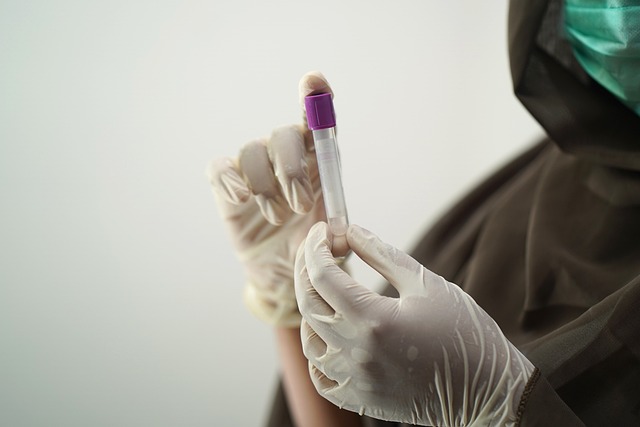What is a Hormonal Profile and Why You May Not Need One
A hormonal profile is a comprehensive test that measures the levels of various hormones in your body. Hormones are chemical messengers that regulate essential bodily functions, including metabolism, growth, reproduction, mood, and energy levels. A hormonal profile typically includes tests for hormones such as prolactin, leutinizing hormone(LH), follicle stimulating hormone(FSH), estrogen, progesterone, testosterone, thyroid hormones (T3, T4, and TSH), cortisol and others, depending on the specific concerns or symptoms being investigated.
These tests are often used to diagnose hormonal imbalances, which can contribute to conditions like polycystic ovary syndrome (PCOS), thyroid disorders, adrenal fatigue, menopause-related symptoms, or infertility. However, while hormonal profiles can be valuable diagnostic tools, they are not always necessary for everyone. Here’s why you may not need one:
1. Lack of Specific Symptoms
Hormonal testing is most useful when there are clear, specific symptoms suggesting a hormonal imbalance. For example, unexplained weight gain, fatigue, irregular periods, or mood swings might warrant further investigation. However, if you’re generally healthy and not experiencing any significant symptoms, a hormonal profile may not provide meaningful insights and could lead to unnecessary concern or overtreatment.
2. Hormonal Fluctuations Are Normal
Hormone levels naturally fluctuate throughout the day, month (in women with menstrual cycles), and life stages (e.g., puberty, pregnancy, menopause). A single test may not accurately reflect your overall hormonal health, as levels can vary based on stress, diet, sleep, and other factors. Without a clear reason for testing, the results may be difficult to interpret and could lead to misdiagnosis or unnecessary interventions.
3. Over-Reliance on Lab Results
While lab tests can provide valuable data, they don’t always tell the full story. Many symptoms attributed to hormonal imbalances can also be caused by lifestyle factors, such as poor sleep, stress, or an unhealthy diet. Addressing these factors through lifestyle changes may resolve symptoms without the need for extensive testing or medical intervention.
4. Cost and Accessibility
Hormonal profiles can be expensive, especially if they are not covered by HMO. For individuals without clear symptoms or a medical necessity, the cost may not be justified. Additionally, access to specialized testing may be limited in some areas, making it impractical for routine use.
5. Risk of Overdiagnosis
In some cases, hormonal testing can lead to overdiagnosis, where minor deviations from "normal" ranges are flagged as problems, even if they aren’t causing symptoms. This can result in unnecessary treatments, such as hormone replacement therapy, which may carry risks or side effects.
When is a Hormonal Profile Necessary?
While not everyone needs a hormonal profile, there are situations where it can be beneficial:
- Persistent, unexplained symptoms (e.g., fatigue, weight changes, mood swings, or irregular periods).
- Suspected endocrine disorders (e.g., thyroid dysfunction, PCOS, or adrenal issues).
- Fertility concerns or reproductive health issues.
- Monitoring hormone levels during hormone replacement therapy or other treatments.
Conclusion
A hormonal profile can be a powerful tool for diagnosing and managing hormonal imbalances, but it’s not a one-size-fits-all solution. For many people, focusing on lifestyle factors like stress management, nutrition, exercise, and sleep may be more effective in maintaining hormonal balance. If you’re considering a hormonal profile, it’s important to consult with a healthcare professional to determine whether it’s necessary based on your symptoms and health history. In many cases, simpler, more holistic approaches may be all you need to feel your best.
